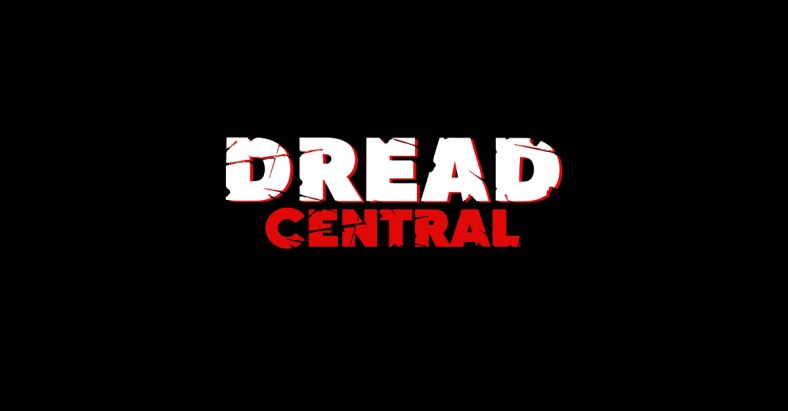After a number of high-profile, blockbuster failures, Universal have significantly retooled their classic monster movie remakes, with Leigh Whannell's The Invisible Man operating as a modestly-budget character drama disguised as a horror film. A contemporary adaptation of the 123-year-old H. G. Wells novel of the same name, do they find the right material to successfully modernise the Invisible Man concept, or have they failed to discover any hidden potential?
After escaping an abusive relationship, Cecilla Kass' (Elisabeth Moss) husband is found dead in an apparent suicide attempt and the fortune made through his tech company is left to her - on the condition she can maintain her sanity and lead an upstanding life. But, following a series of bizarre events that lead Cecilla to seemingly spiral out of control, she begins to believe that her husband may still be alive and stalking her.
The Invisible Man wastes no time in dropping us directly into the action, opening with Cecilla's escape from her abuser; we needn't see the abuse unfold, or have it explained to us, because Whannell entrusts audiences to understand the context of Ceilla's abuse, the fear plastered across her face immediately evident. It's an excellently-crafted sequence from the outset, tightly-edited and wringing with suspense through cinematographer Stefan Duscio's careful shot composition - the camera carefully creeps and slowly pans to enhance the feeling of an unknown presence - greatly increasing the anxiety of the situation by making a very human, very real fear the centre of this "monster". Across the board really, this is a strongly directed piece of filmmaking.
Mining the source material for contemporary themes that provides the story with weight and resonance in the 21st century, Whannell successfully updates the story for the era. Its themes are more text than subtext, arguably a little too explicitly rendered to compare with the stronger social commentary genre flicks of our time, but largely provides the feature with depth to make this an enduring genre entry. A handful of distracting plot holes present themselves but the dialogue is mostly well-written, the characters well-sketched and, again, the film avoids any pace-hindering exposition by smartly and skilfully beginning with Ceilla's escape.
You would need an excellent lead performance to be able to sell that, and Elisabeth Moss brilliantly delivers. Handling the weight of the role superbly - we rarely leave her side, like we ourselves are another unseen presence haunting her life - Moss illustrates Ceilla's overwhelming anxieties so palpably and you are instantly invested in her fight for freedom. It's thoughtfully measured while never once feeling stilted, endlessly engaging despite often being the only person on screen. It really is excellent work.
If Moss trips up anywhere, there appears to me to be a five-minute portion in the middle, after a shocking mid-film twist, where Moss recalibrates her depiction. Up until this point, we never have any doubt of Cecilla's experiences, both because the script has textured her post-relationship PTSD and the consequences of gaslighting, and because we have witnessed her experiences first-hand, and that never really changes - but she begins playing it a little more manically "I see dead people" that feels discordant to what we have known and seen before. It only lasts a short while, and is quickly abandoned, but it does interrupt the rhythm of the film.
The Invisible Man is a solid little chiller whose intensity pervades throughout, even in the face of an overused score. Successful in modernising the original novel and film's subtext, if not quite so seamless in infusing with much in the way of subtlety, Whannell's classic monster feature exploits very human fears and the results are mostly impressive. Elisabeth Moss is a terrific lead, shouldering a great deal of responsibility here, and grappling with the screenplay's themes of gaslighting, PTSD and abuse extremely effectively and very confidently. It's worth seeing The Invisible Man.
7.5/10
Summary: The Invisible Man is a mostly solid chiller successfully modernised by writer-director Leigh Whannell for our times, with a pervading intensity secured by an impressive lead performance from Elisabeth Moss.
7.5/10
Summary: The Invisible Man is a mostly solid chiller successfully modernised by writer-director Leigh Whannell for our times, with a pervading intensity secured by an impressive lead performance from Elisabeth Moss.
